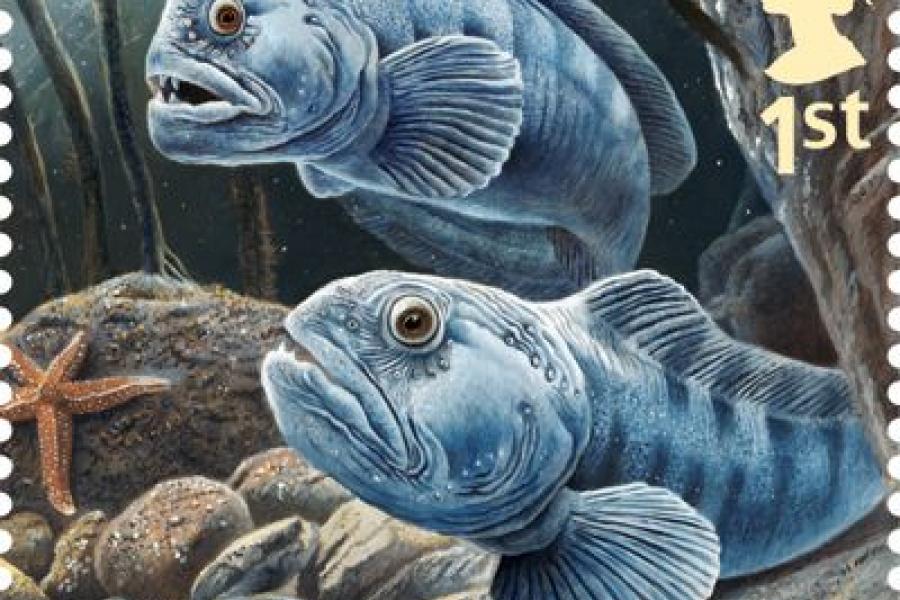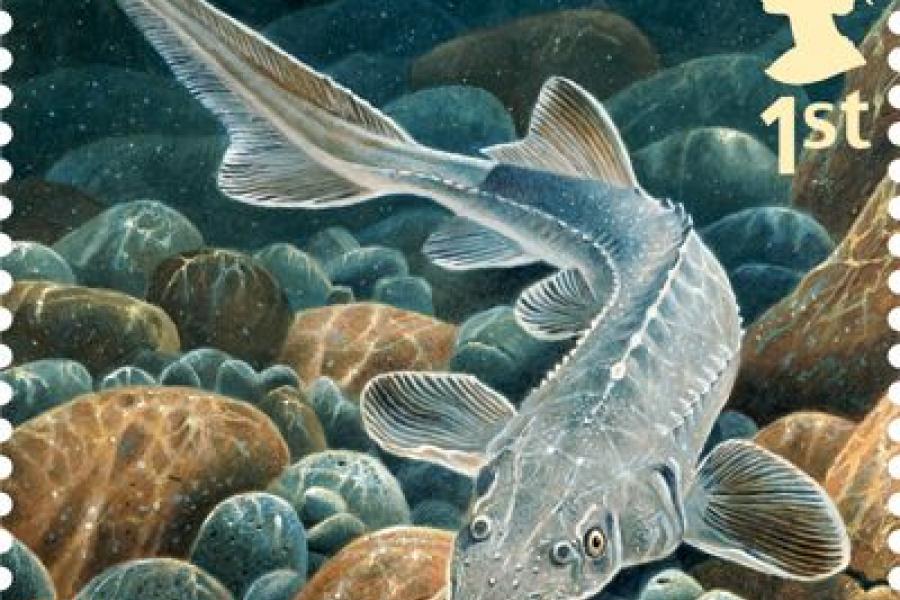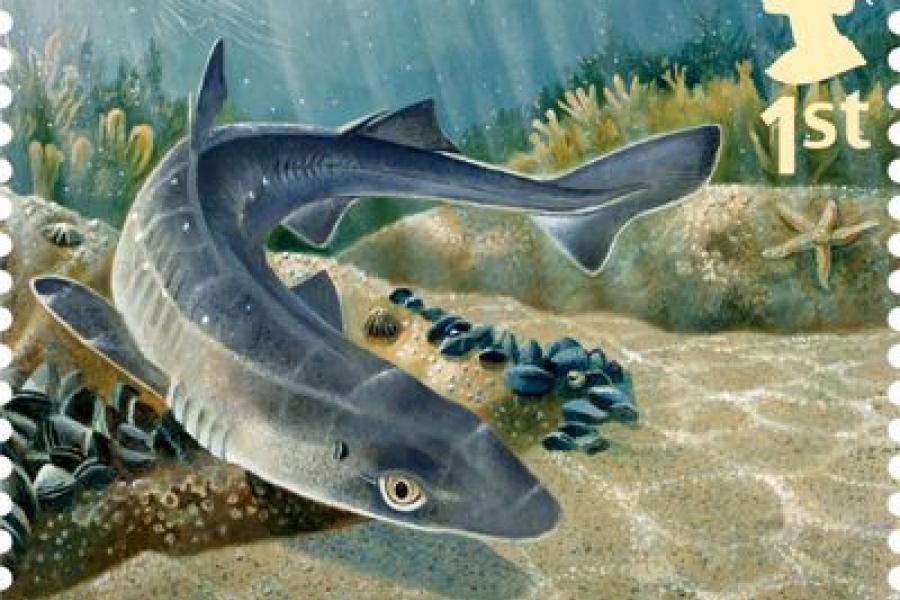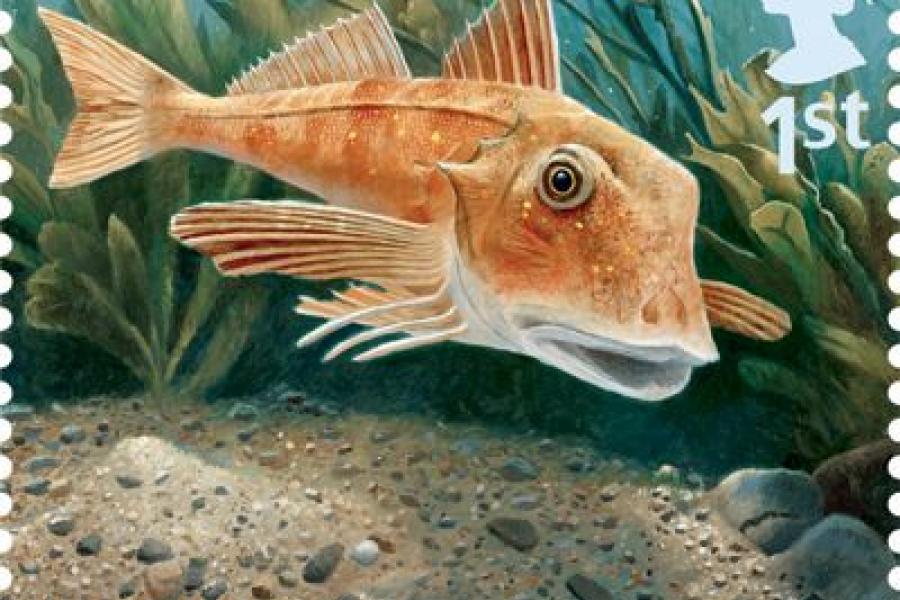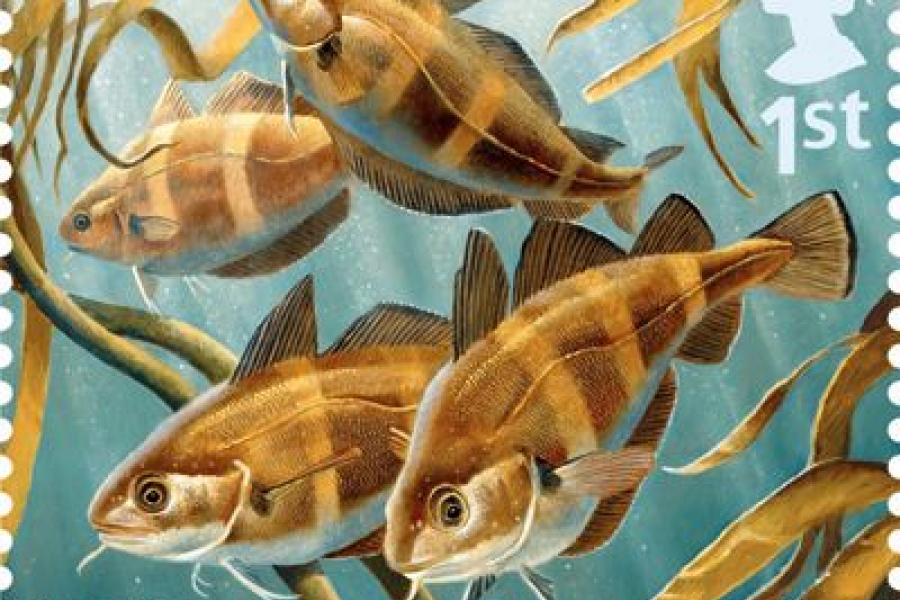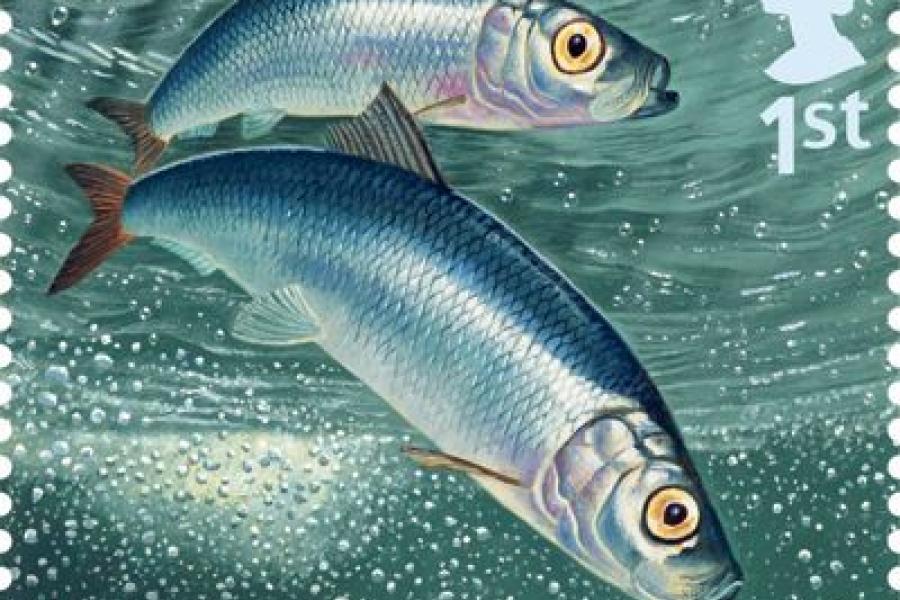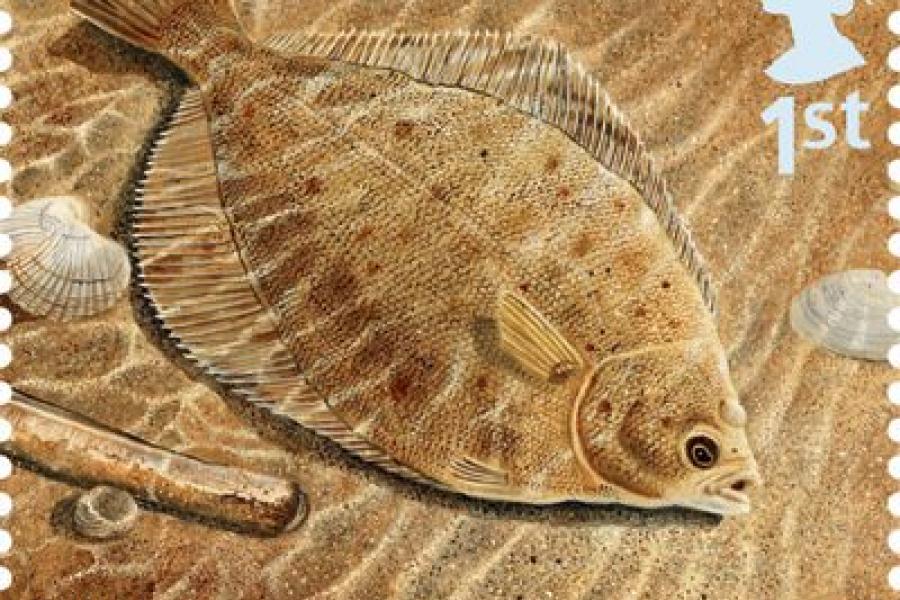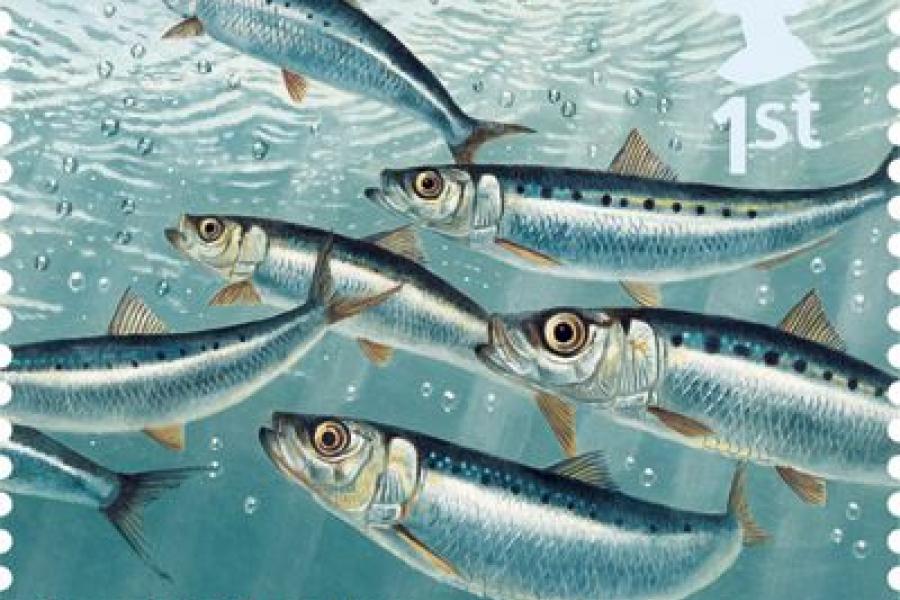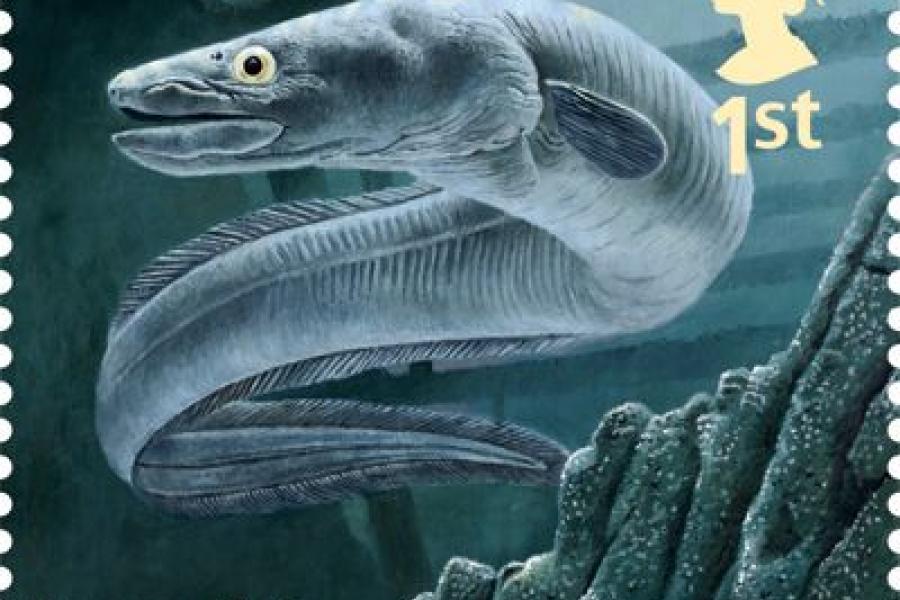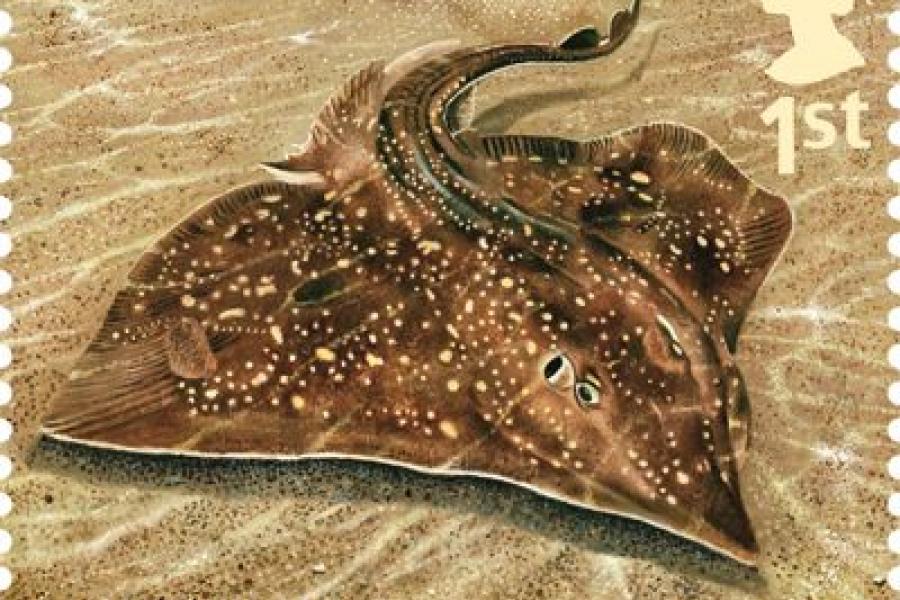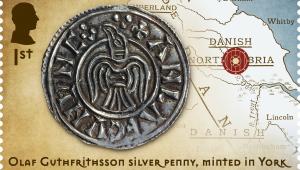Sustainable Fish — for supper: catch them while you can!

Royal Mail’s latest stamp issue, Sustainable Fish, issued on June 5 (which is World Environment Day), aims to contrast endangered species in Britain’s marine fisheries with sustainable alternatives.
So the 10 stamps feature five fish whose future is threatened due to over-fishing, and five whose stocks are still high and which therefore offer a viable alternative for consumers. Each group of five is available as a se-tenant strip.
The set was illustrated and designed by Kate Stephens and printed in litho by International Security Printers.
VERDICT
COMMEMORATIVE WORTH
Fish stocks in British waters are a cause for concern, but the issue is not linked to an anniversary or event
QUALITY OF DESIGN 
Beautifully painted designs setting the fish in their natural habitats are much more appealing than photographs
WOW FACTOR 
Will the necessary sea blues and sandy yellows catch the eye if the stamps are used in the mail?
1st class Pouting
The pouting, Trisopterus luscus, also known as the bib, pout whiting or pout, is a member of the cod family. It is prevalant all around the coast of Britain, in the North Sea, the north Atlantic and western Mediterranean, and its stocks are thought to be tolerant of increased fishing.
1st class Herring
The Atlantic herring, Clupea harengus, is of ‘least concern’ status according the Internation Union of Conservation of Nature. The name ‘herring’ may come from the Old High German word ‘heri’ meaning ‘multitude’, because the species forms large schools. The herring is used in many different kinds of food, including the British kipper.
1st class Dab
The common dab, Limanda limanda, is a flatfish that lives on sandy bottoms in shallow waters, down to about 100m. Like other flatfish, it has both of its eyes on the right-hand side of its body. Abundant in the North Sea, it has only recently begun to be exploited commercially.
1st class Cornish Sardine
The ‘Cornish sardine’, more properly known as the European pilchard, Sardina pilchardus, has Protected Geographical Status under European Union law, just like the Cornish pasty. Sardine fishing was a huge industry in the region from 1750-1880, and the village of Mousehole still celebrates Tom Bowcock’s Eve, when a local fisherman rescued the village from starvation by going out in a storm and returning with a catch.
1st class Red Gurnard
A distinctive red fish with a square head and spines, the red gurnard, Chelidonichthys cuculus, uses the three finger-like sensory organs underneath its mouth to find its food on the seabed. Common in the eastern Atlantic, it has firm white flesh which holds together well in cooking.
1st class Common Skate
Once abundant in Atlantic waters, the common skate, Dipturis batis, is now critically endangered, largely because it is often caught up in the nets trawling for other fish. As it is long-lived and slow to mature, it does not repopulate quickly.
1st class Wolffish
The Atlantic wolffish, Anarhichas lupus, is so-named because it has strong jaws and fang-like front teeth. A bottom-dewller in cold waters, it creates natural antifreeze in its body so it can cope with its habitat, but it is threatened because of bycatching (being caught accidentally as a byproduct of fishing for other species).
1st class Conger Eel
The European conger eel, Conger conger, can grow to 3m (10ft) in length, making it the world’s largest eel species. It lives in the north Atlantic but migrates to sub-tropical waters to spawn. Since it spawns only once, its stocks are easily depleted by fishing.
1st class Sturgeon
Best known as the source of caviar (which is made of its salt-cured eggs), the European sea sturgeon, Acipenser sturio, is critically endangered. In England and Wales it is designated, along with whales and porpoises, as a royal fish, so every sturgeon caught is the property of the Crown.
1st class Spiny Dogfish
Once one of the most common shark species in the world, the spiny dogfish, Squalus acanthias, is vulnerable worldwide and critically endangered in the north Atlantic due to overfishing. Sold as rock salmon and huss in fish and chips shops, it is a late maturing fish so its populaton is slow to rebuild.
OTHER PRODUCTS
The presentation pack written by Professor Callum Roberts, a marine conservation biologist at the University of York discusses the dangers of overfishing and the importance of sustainability.
As always, a first day cover and stamp cards are available. The Common Skate and Cornish Sardine stamps will also appear in a retail stamp book to be issued on August 18.
PRICES
Set of 10 stamps £6.20
Presentation pack £6.70
Stamp cards £4.50
First day cover £7.92
First day envelope £0.30
TOTAL £25.62
